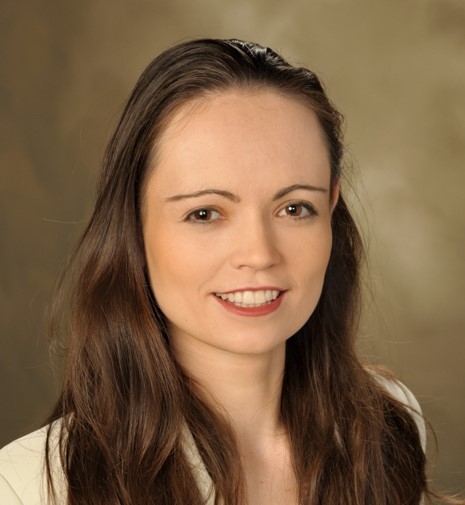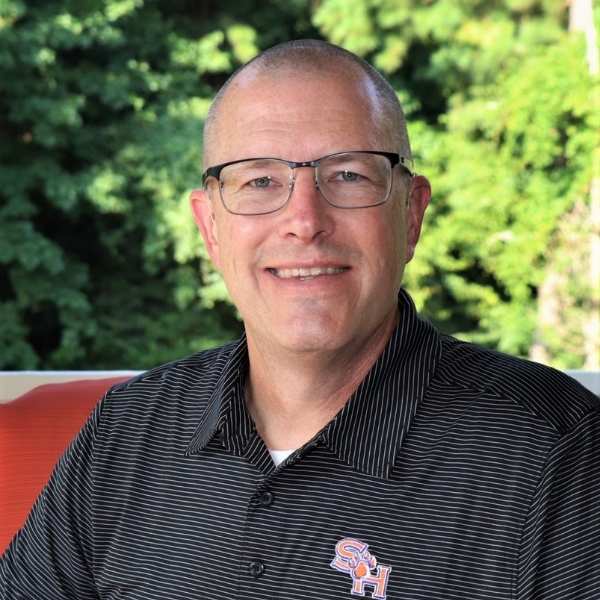Beyond the “Who Done It…”–DNA Interpretation Given Activity Level Propositions
Home » Beyond the “Who Done It…”–DNA Interpretation Given Activity Level Propositions
- Workshop
Beyond the “Who Done It…”–DNA Interpretation Given Activity Level Propositions
- September 22, 2024 //
- 8:30 am -
- 5:00 pm //
- Grand Oaks Ballroom D-F
Description:
There are many misconceptions and misunderstandings regarding the interpretation of DNA evidence given activity level propositions. Yet questions at court often ask about hypothetical DNA transfers. Many people do not realize that by answering in any fashion, they are testifying about activity level propositions. Often these questions, while permissible in the legal arena, are answered in a manner contrary to best scientific practices. This workshop will demonstrate methods to interpret DNA evidence when questions about the evidence relate to what may have happened. These methods allow the expert to share knowledge using a scientifically sound framework and published practices.
Learning Outcomes:
- Assign a likelihood ratio for DNA evidence given activity level propositions.
- Do a case pre-assessment using the CAI framework.
- Use a Bayesian network as a tool for assigning probabilities given activity level propositions.
- Formulate activity level propositions in accordance with the ISFG 2020 recommendations.
- Understand the difference between Transfer-Persistence-Prevalence-Recovery (TPPR) and an activity level proposition.
- Testify on the evidence and not on what happened (i.e., avoid the transposed conditional).
- Handle hypothetical questions commonly asked in court.
- Recognize poorly worded questions and how to answer them in a scientifically correct manner.
Intended Audience:
No prerequisite knowledge required: an open mind is an asset. This workshop is designed to assist practitioners who regularly testify in court; however, the legal community will also find it of interest. Anyone who thinks “You can’t say what happened!” will benefit from this workshop.
Description:
There are many misconceptions and misunderstandings regarding the interpretation of DNA evidence given activity level propositions. Yet questions at court often ask about hypothetical DNA transfers. Many people do not realize that by answering in any fashion, they are testifying about activity level propositions. Often these questions, while permissible in the legal arena, are answered in a manner contrary to best scientific practices. This workshop will demonstrate methods to interpret DNA evidence when questions about the evidence relate to what may have happened. These methods allow the expert to share knowledge using a scientifically sound framework and published practices.
Learning Outcomes:
- Assign a likelihood ratio for DNA evidence given activity level propositions.
- Do a case pre-assessment using the CAI framework.
- Use a Bayesian network as a tool for assigning probabilities given activity level propositions.
- Formulate activity level propositions in accordance with the ISFG 2020 recommendations.
- Understand the difference between Transfer-Persistence-Prevalence-Recovery (TPPR) and an activity level proposition.
- Testify on the evidence and not on what happened (i.e., avoid the transposed conditional).
- Handle hypothetical questions commonly asked in court.
- Recognize poorly worded questions and how to answer them in a scientifically correct manner.
Intended Audience:
No prerequisite knowledge required: an open mind is an asset. This workshop is designed to assist practitioners who regularly testify in court; however, the legal community will also find it of interest. Anyone who thinks “You can’t say what happened!” will benefit from this workshop.
Pricing:
- Standard Registration$345
- Student Registration$195
Fee includes breakfast, lunch, breaks and materials.
- Early Registration
- $250.00
- Standard Registration (after July 15)
- $295.00
- Student Registration$195.00
- $195.00
Workshop currently at capacity. A waitlist is available to join on our registration page.
Agenda:

Chair
Tim Kalafut



